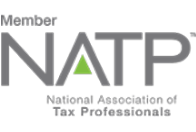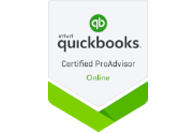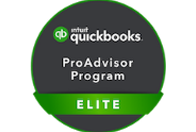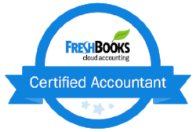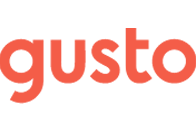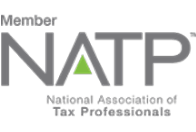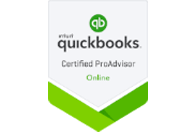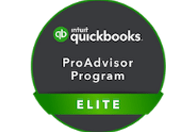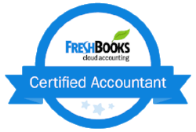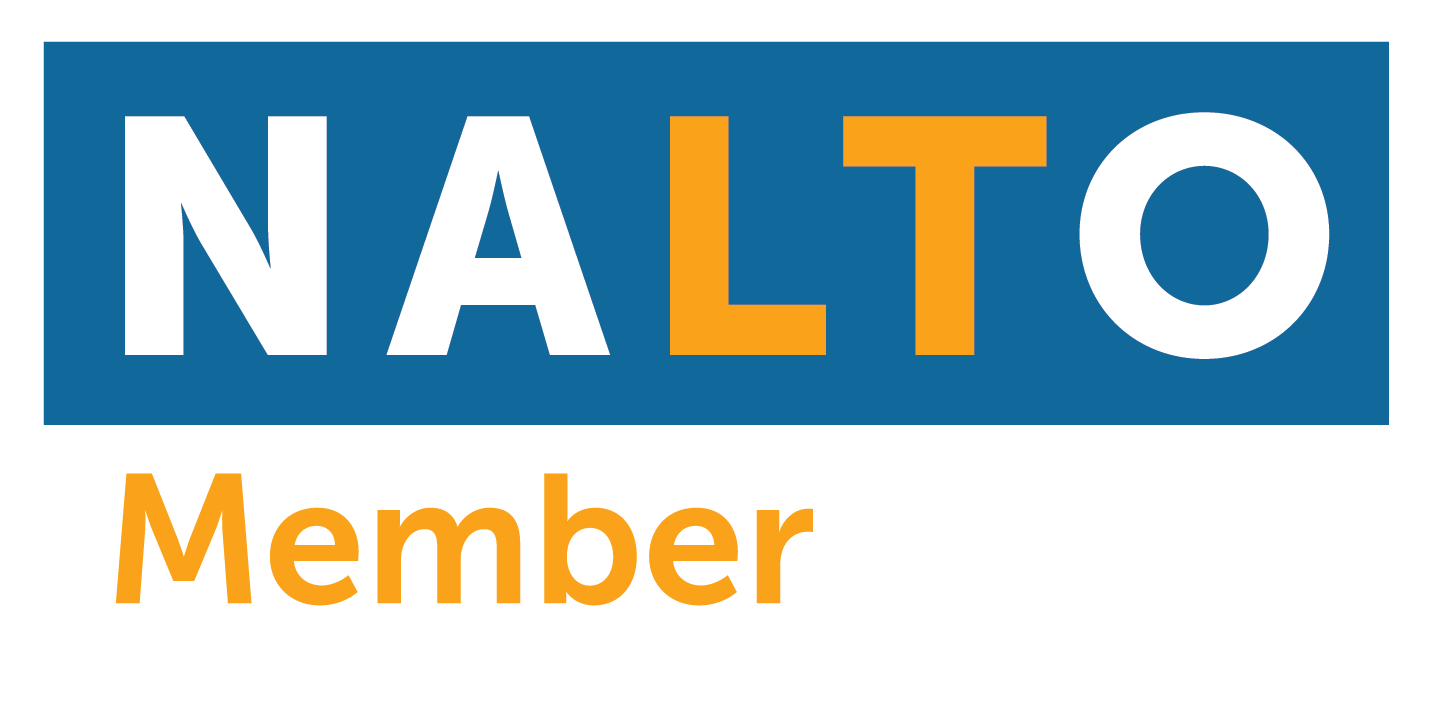Managing finances and navigating the intricate world of taxes can be a challenging task for professionals of any field including those in the contract flight attendant industry. Having a clear understanding of your finances and tax situation will not only give you peace of mind while you’re 30,000 feet above the ground but also maximize your income and minimize your tax liability.
What is a Contract Flight Attendant (CFA)?
Contract flight attendants are independent contractors that work on a contractual or as-needed basis and are not directly employed by a specific airline.
Same with commercial flight attendants, they provide cabin services and ensure the safety and comfort of the passengers aboard an aircraft. But since they are not tied to any employer, they get to enjoy flexibility and the opportunity to fly to exciting destinations. They get to experience boarding a variety of aircraft such as commercial airlines, private jets, charter flights, or corporate aviation.
Understand Your Tax Obligations as a CFA
Being an independent contractor means you are self-employed and are responsible for paying the employee and employer portion of self-employment taxes such as Medicare and Social Security. Other tax obligations include payment of income tax and state taxes depending on your jurisdiction. Remember that it is the taxpayers’ responsibility to pay taxes and you must familiarize yourself with its laws. Consult a tax professional to ensure compliance with the latest tax rules.
Estimated Quarterly Tax Payments
The Internal Revenue Service (IRS) requires taxes to be paid on a pay-as-you-go basis. This means that taxes are due when earned. And unlike regular employees with taxes withheld from their paychecks, independent contractors or self-employed individuals must pay their estimated taxes on a quarterly basis. Failure to pay these quarterly taxes may result in penalties and interest charges. Ensure proper tax estimate and timely payments to avoid such penalties.
Maximize Deductions
Though the IRS is strict when it comes to tax payments, they allow several deductions to minimize your tax liability. These are the necessary and ordinary expenses related to your profession as a CFA. You may deduct the following expenses:
- Travel related expenses such as hotel accommodation, travel meals, ground transportation, laundry, tips, and cleaning.
- Vehicle-related expenses are deductible except those related to commuting and other personal activities.
- Luggage, office supplies, business use of phone and internet.
- Continuing education, training costs, and professional membership.
- Marketing and Advertising to increase visibility to potential clients.
- Uniforms or attire on flights may be deducted only if such clothing is not suitable for daily use.
- Home Office, if you have a dedicated space in your home for administrative work such as record-keeping, scheduling, and communicating with clients.
- Professional fees charged by lawyers and accountants are business expenses. All of 1099 Accountant fees for online bookkeeping, advising, tax preparation, and planning are 100% deductible.
Ensure that you are aware of all eligible deductions and be sure to take full advantage of them.
Explore Retirement Savings Options
Planning for retirement is essential. However, as a CFA and an independent contractor, you have no access to an employer-sponsored retirement plan. Fortunately, there are several retirement options to choose from for self-employed individuals such as Individual Retirement Accounts (IRAs), Simplified Employee Pension IRA (SEP IRA), and the Solo 401(K). This way you will be able to save for your future while reducing your current tax liability since these plans allow you to contribute pre-tax income. Each plan has its own limitations, requirements, rules, and eligibility. Explore your retirement options and find the best plan that will suit your needs depending on your specific situation.
Separate Business and Personal Finances
Maintain separate bank accounts for business and personal expenses to accurately track business income and expenses. This will simplify the identification of deductible items and will save time during the tax preparation process. Open a dedicated business bank account and use it exclusively for business-related transactions.
Consider Forming an LLC
Forming an LLC as a CFA will not only improve your professional brand and image but will also provide liability protection by separating your personal assets from your business liabilities in case of legal issues in your practice as a CFA.
If you’re an LLC and elect to be treated as an S Corporation, you can get to receive your income as an employee of your LLC. This way you can effectively manage your self-employment tax obligations since the employer portion of your self-employment taxes will then qualify as a business deduction.
Consult a Tax Professional
To maximize deductions while ensuring compliance with the constantly changing tax rules, it is best to work or consult with a tax professional. They will save you time and help you focus on doing what you do best. They can also guide you on business decisions that will best suit your specific tax situation and needs.
Want to learn more?
You may want to consult and work with 1099 Accountant – We offer online bookkeeping, online advisory services and online tax and accounting services. We offer reasonable rates. We only work with independent contractors, freelancers, and one-person business. We work with locum tenens from California to New York City and everywhere in between. Yes, even Hawaii!
Contact us toll-free (855)529-1099 or make an appointment for a free consultation. https://1099accountant.com/contact/

